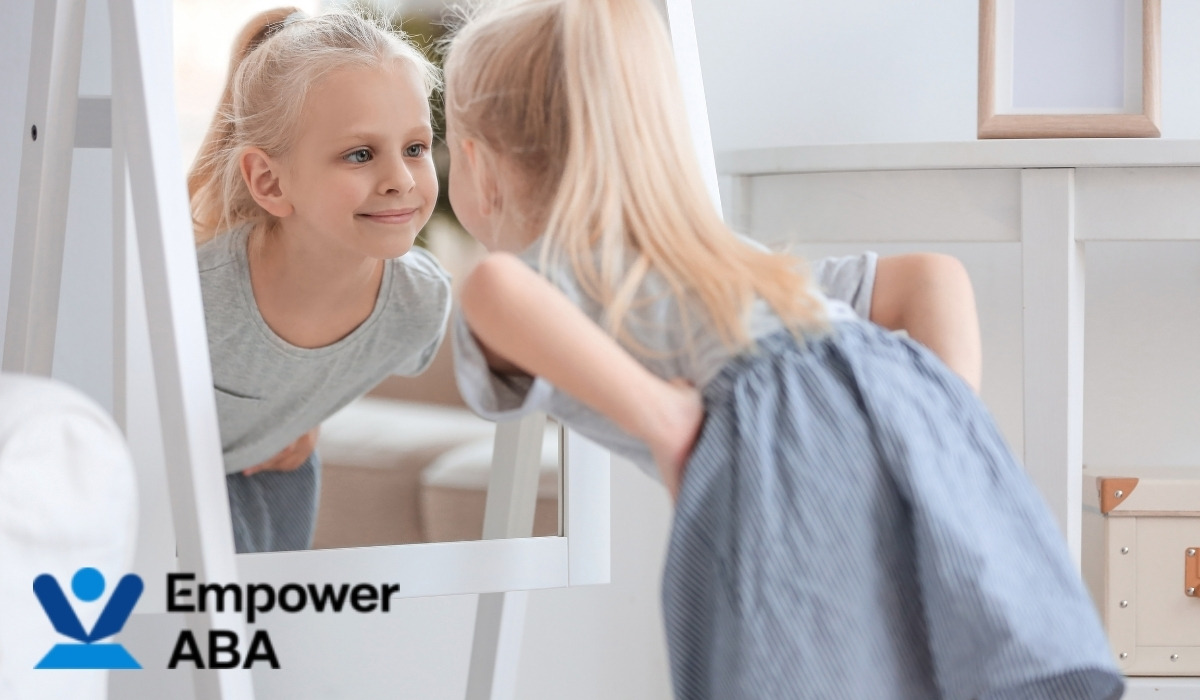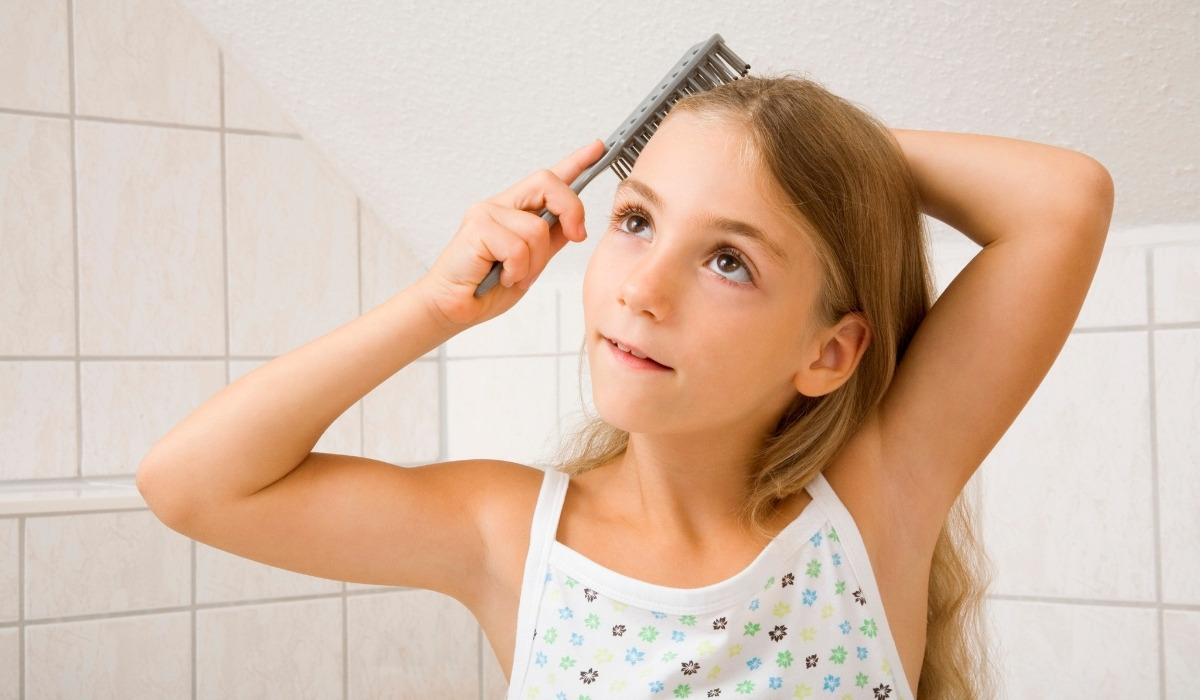Key Points:
- Self-care is essential for individuals with high-functioning autism to support emotional, social, and physical well-being.
- Parents can teach and reinforce practical self-care habits through structure, patience, and positive reinforcement.
- Daily routines, emotional awareness, and sensory-friendly strategies are key components of successful self-care development.
Parents of children with high-functioning autism often notice something important: while their child may speak fluently or do well academically, everyday life can still feel overwhelming. Emotional ups and downs, sensory overload, or challenges with organization might get in the way of what others see as “simple” tasks.
That’s where high-functioning autism self-care strategies come in—not just as good habits, but as life-changing tools for independence and confidence. Whether it’s brushing teeth without reminders, managing emotions, or knowing when a break is needed, these are real-world skills that make a big difference in your child’s life.
Is Self-Care Really Important for High-Functioning Autism?
Yes—self-care is critical for individuals with high-functioning autism. These skills help with independence, mental health, and everyday routines that reduce stress for both children and families.
Even when a child seems capable in certain areas, they may still need help developing and maintaining self-care routines. For many on the autism spectrum, things like recognizing hunger, asking for help, or managing emotions don’t come naturally. That’s why consistent support and teaching are so valuable.
Let’s explore what self-care really means, and how parents can help foster these important life skills at home.
What Does Autism Self-Care Look Like?
Self-care isn’t just about hygiene. For individuals with autism, it’s a full spectrum of habits that keep the body, mind, and emotions in balance.
Here are the main categories that self-care usually falls into:
- Personal Hygiene: Brushing teeth, bathing, grooming, and dressing
- Health and Nutrition: Recognizing hunger and thirst, choosing nutritious foods, taking medications
- Emotional Awareness: Understanding feelings, asking for help, calming strategies
- Daily Organization: Keeping track of time, completing tasks, packing school bags
- Social Boundaries: Respecting personal space, understanding privacy, managing personal needs in public
Each of these skills can be taught in small steps—and tailored to a child’s unique abilities and challenges.
How Can Parents Teach Self-Care Skills?
It’s one thing to understand what needs to be done, but quite another to know how to teach it. Luckily, small changes in daily routines can lead to big gains over time.
Build a Routine
Children with autism often thrive on structure. Having a consistent routine provides a sense of safety and predictability.
Start by setting a simple daily schedule for basic self-care tasks. Use visual aids like checklists, picture schedules, or timers to support understanding.
Break It Down Into Steps
Don’t assume that your child knows how to complete a task just because they’ve seen it done. Break tasks into small, clear steps. For example, brushing teeth might look like:
- Pick up toothbrush
- Wet the bristles
- Put toothpaste on
- Brush top teeth for 30 seconds
- Brush bottom teeth for 30 seconds
- Spit and rinse
Practice each step until it becomes familiar. Repetition is key.
Use Visuals and Modeling
Many children with high-functioning autism are visual learners. Try using step-by-step photos or video demonstrations for new routines.
Modeling is also powerful. Show the behavior first, then encourage your child to try with help, and finally, independently.

Emotional Self-Care for High-Functioning Autism
Beyond physical care, emotional well-being is often a daily challenge. Children may struggle to express how they feel or to manage anxiety or frustration.
Teaching Emotional Awareness
Start with simple emotion labels like “happy,” “sad,” “mad,” and “scared.” Use real-life examples to connect feelings with situations.
Use tools like:
- Emotion cards or charts
- Mirrors for practicing facial expressions
- Social stories about different emotional responses
Encourage your child to name their feelings and validate them without judgment.
Calming Strategies That Work
Create a “calm-down kit” with items your child finds soothing. This might include:
- Noise-canceling headphones
- Weighted blanket
- Fidget toys
- Visual timers
- Soothing music or a favorite book
Teach your child when and how to use these tools, especially when they feel overwhelmed.
Supporting Sensory Self-Care
Sensory processing is a big part of life for many autistic children. Whether they are hypersensitive (easily overwhelmed) or hyposensitive (seeking extra input), understanding sensory needs is part of self-care.
Recognize Sensory Triggers
Watch for patterns. Does your child cover their ears in loud places? Do they avoid certain fabrics or foods? These are clues to sensory preferences.
Build in Sensory Breaks
Allow regular sensory breaks during the day. This might include jumping on a trampoline, using a swing, or simply taking quiet time in a dim room.
Providing predictable, sensory-friendly moments helps prevent meltdowns and supports overall self-regulation.
Daily Self-Care Tips for Parents and Families
Helping your child develop self-care habits isn’t about perfection—it’s about progress. With a little planning and patience, these tips can make a big difference.
Here are some easy strategies parents can use every day:
- Celebrate small wins: Acknowledge effort, not just success.
- Keep instructions clear: Use short, direct language.
- Practice patience: Repetition and routine take time to build.
- Involve your child: Let them choose their clothes or help pack lunch.
- Stay consistent: Reinforce habits at the same time and in the same way.
The more these skills are practiced in safe, low-pressure environments, the more they become part of daily life.
Empower ABA: Helping Your Child Grow with Confidence
For families looking for more support in teaching daily living skills, ABA therapy is a proven, individualized approach. ABA (Applied Behavior Analysis) helps children build practical skills—including those related to self-care—through structured, evidence-based techniques.
At Empower ABA, our team works with families to create personalized programs that focus on independence, communication, and emotional well-being. Self-care is often a key focus of therapy sessions, helping children grow in confidence while learning at their own pace.
If you’re looking for ABA therapy in New York, New Jersey, or Virginia, Empower ABA is here to guide you. With compassionate professionals and family-centered care, we’ll help your child build the tools they need for a brighter, more independent future.
Reach out to us today to learn more about our programs and how we can support your child’s journey.

